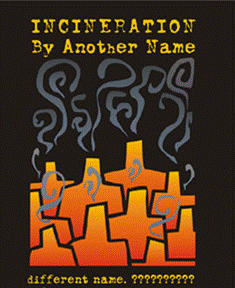An Assembly committee established to scrutinise the Welsh Assembly Government’s proposed legislation on Environmental Protection and Waste Management has launched a public consultation to seek the views of interested parties.
The proposed Order will provide the Assembly with the power to make its own laws, known as Measures, in the field of environmental protection and waste management.
It is among the first of several Government proposed Orders to be scrutinised by the Assembly under powers introduced by the Government of Wales Act 2006. As part of its pre-legislative scrutiny process, the Proposed Environmental Protection and Waste Management LCO Committee will consider the general principles and terms of the proposed Order.
Alun Ffred Jones AM, Chair of the Committee, said: “This committee is among the first to scrutinise proposed Legislative Competence Orders and therefore we have an important task ahead of us. In order to undertake our role effectively, we need to hear the views of as many individuals and organisations as possible. I urge anyone with an interest in this issue to visit our website and make their views known.”
The Committee would welcome views from interested parties on the following questions:
1. Would the terms of the proposed Order allow for the implementation of the policy agenda on waste management and environmental protection by means of Measures? If not, how would the proposed Order need to be re-drafted and why?
2. The proposed Order includes a Table setting out certain exceptions from the scope of Matters 6.1 and 6.2 – see the entries at numbers 1, 2, 12 13, 14 15, 16 and 18. Are these exceptions appropriate? If not, how should they be re-drafted and why?
3. Are the terms of the proposed Order drafted appropriately, too narrowly or too broadly. If necessary how should the proposed Order be re-drafted and why?
Further information on the proposed LCO, the legislative process and how to get involved
The deadline for submitting evidence is 21 September 2007. The Committee welcomes evidence in both English and Welsh. The Committee will consider responses to the written consultation during the autumn term.













